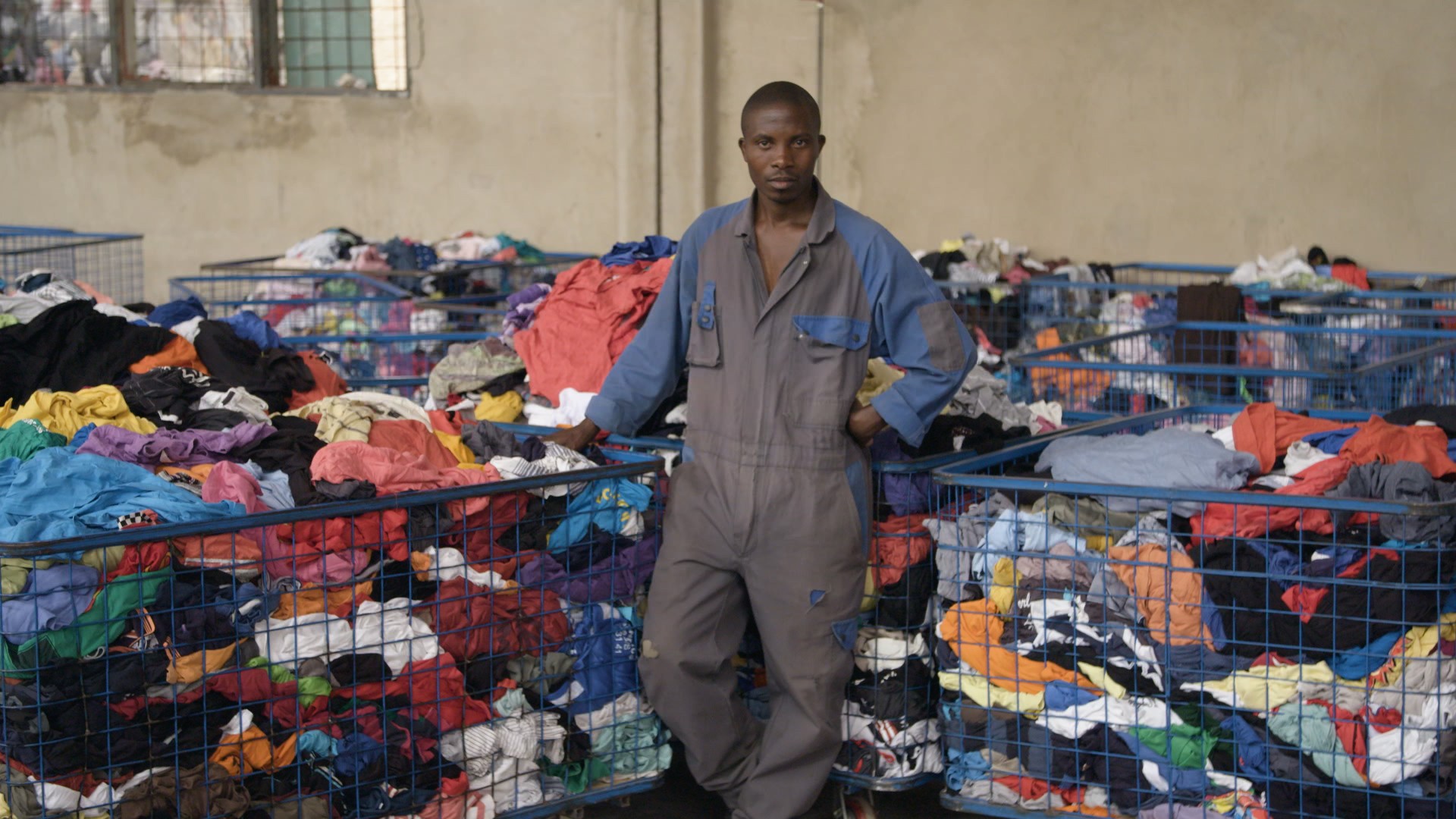Getty Images
A Beijing court revealed Monday it has banned Apple from selling some of its iPhone models in China — an unexpected decision that could be a ploy to drag the U.S. tech giant into the ongoing trade war.The ban, which comes into force on Tuesday, means the Apple cannot sell some of its popular smartphones in a country that makes up a fifth of all iPhone sales globally.Apple said Monday it had appealed the decision, releasing a statement that said it would continue to sell all its iPhones in China. The ban does not impact the company’s latest models — the iPhone Xs and iPhone Xr — but it does stop the sale of iPhone 8 and iPhone 7.Both banned models were still on sale on Apple’s online store in China Tuesday morning.The ruling came in a lawsuit filed by San Diego chipmaker Qualcomm, which claims Apple infringed two of its patents — one related to photo editing, one related to swiping on touch-screen devices.Though the lawsuit was filed before the current trade war exploded, and the decision was handed down a day before Huawei’s CFO was arrested in Canada, some experts believe the court’s decision is a deliberate targeting of Apple.“I think Apple will be a hot target for China to get back at the U.S. and will be used as a leverage point,” Neil Shah, a partner at CounterPoint Research, told VICE News. “The Qualcomm injunction makes it more skewed towards the Chinese government. Apple is the most valuable mobile computing company in the world and the Chinese government can use it as the last resort if the tensions further escalate.”Qualcomm has tried to validate 23 patents in China for about a year, but this is the first court decision in the company’s favor.“The timing seems suspect to say the least,” Timothy Arcuri, an analyst with the investment bank UBS, told the Wall Street Journal. “This was a very convenient way to bring Apple into the fray in the same way the U.S. government did with Huawei.”While the motivation behind the decision of the Fuzhou Intermediate People's Court is unclear, Apple is facing further fallout that is directly the result of the trade war and last week’s arrest of Meng Wanzhou.Following the detention of Huawei’s executive — the daughter of the company’s founder Ren Zhengfei — many companies across China have updated their policies to ban Apple products and stipulate that employees only buy Huawei.Menpad, which makes LCD displays and is one of Huawei’s suppliers, posted a memo on its website warning staff that “if employees buy any iPhone for themselves, the company will impose a 100 percent penalty on the basis of the phone’s market price.”While these actions do not stem from an official Communist Party edict, such a response typically happens when a foreign government takes action that displeases Beijing. Sales of Norwegian salmon in China took six years to recover after pro-democracy activist Liu Xiaobo was awarded the Nobel Peace Prize in 2010.READ: Trump claims China has agreed to “remove” tariffs on U.S. cars — but Beijing is saying nothingAn editorial this week in the government-controlled Global Times warned the U.S. that other companies could become embroiled in the trade war if Washington continues its policy of banning Huawei and urging allies to do the same."Some Western countries are resorting to political means to resist Huawei's attempts to enter into their markets,” the editorial said. “Failure to provide reciprocal opening-up means their companies won't get any benefits from China's digital economy.”Along with the U.S., Huawei has been shut out of markets in New Zealand, Australia, the U.K. and Japan. Cover image: Customers look at Apple iPads at a store in Shanghai on February 22, 2012. (PETER PARKS/AFP/Getty Images)
Cover image: Customers look at Apple iPads at a store in Shanghai on February 22, 2012. (PETER PARKS/AFP/Getty Images)
Advertisement
Advertisement

